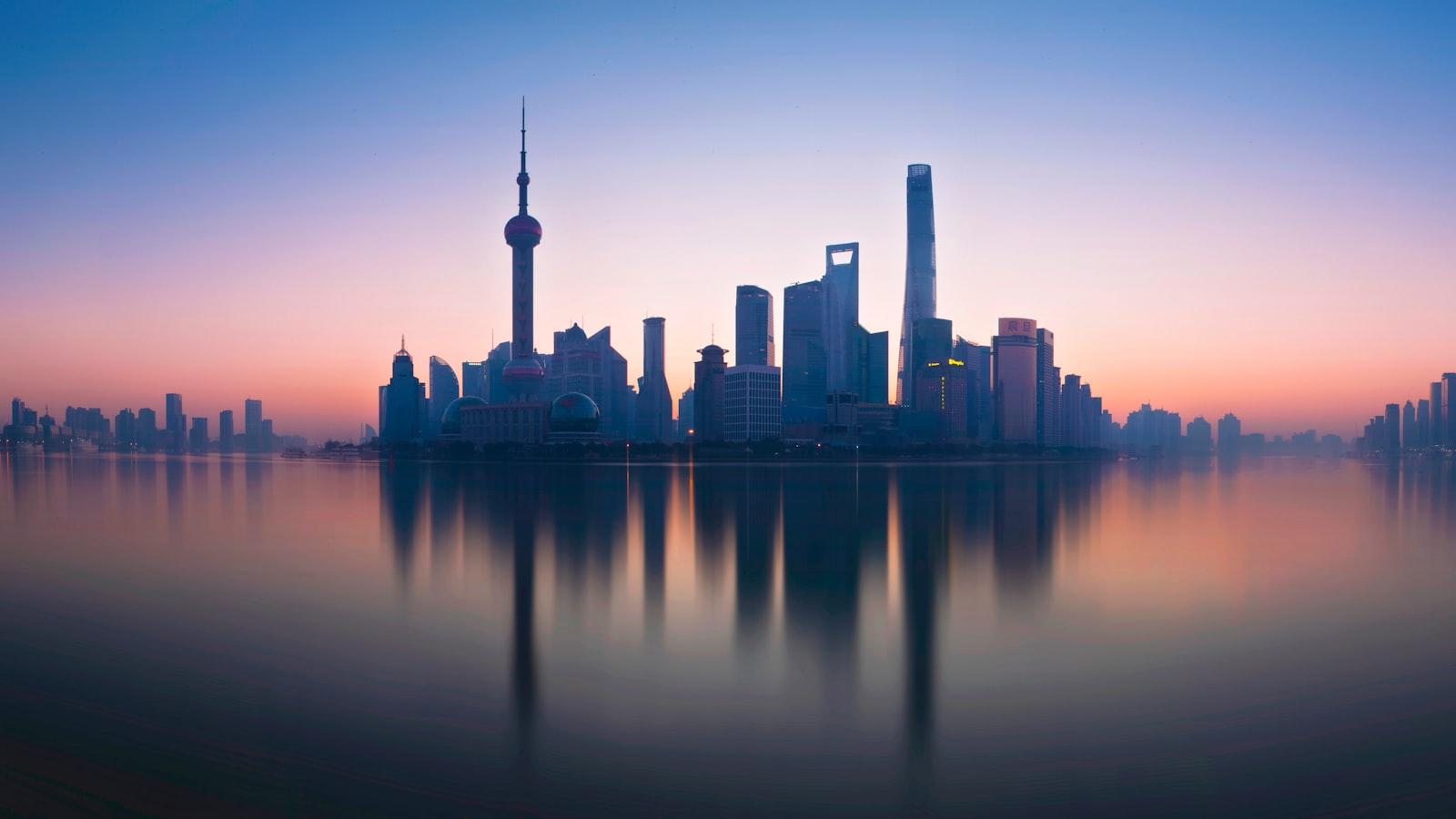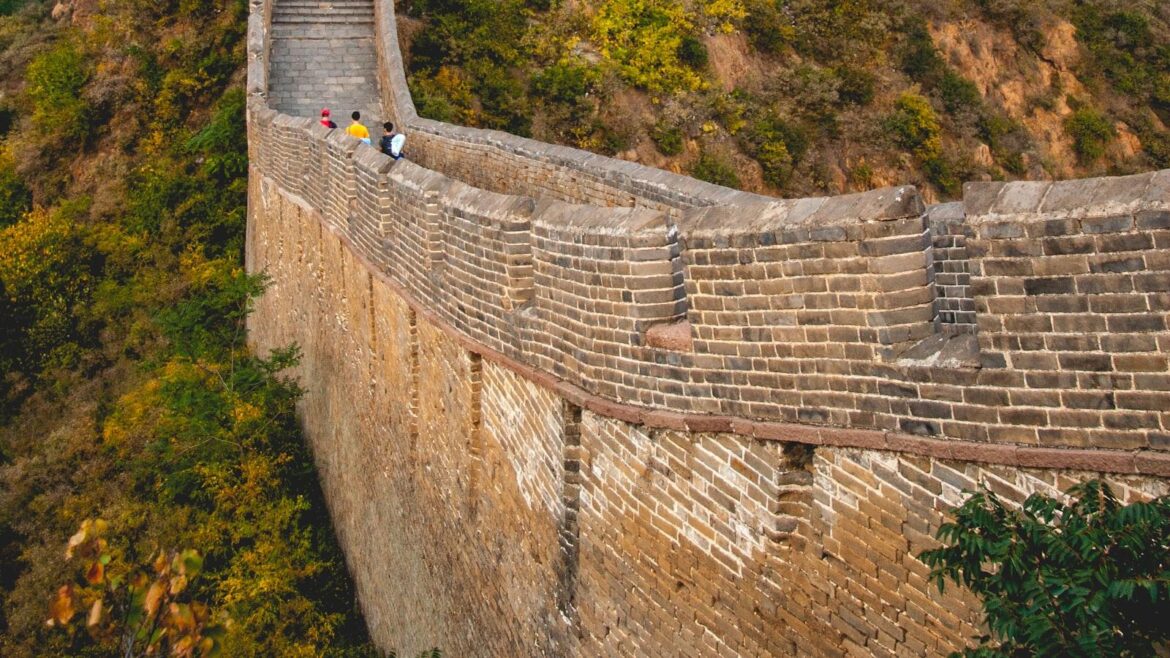In a region fraught with geopolitical tension, the Pacific Islands find themselves at a crossroads as China’s newest ally prepares to hold its highly anticipated elections. As the eyes of the world turn towards this remote yet strategically significant nation, the outcome of this democratic process could have far-reaching implications for the delicate balance of power in the Pacific. Join us as we explore the implications of this pivotal moment in the shifting sands of global diplomacy.
China’s growing influence in the Pacific region
As China’s influence in the Pacific region continues to grow, all eyes are on the latest developments in [Country Name]. The country is gearing up for elections, with China playing an increasingly significant role in shaping the political landscape. It comes as no surprise that [Candidate Name], known for his pro-China stance, is gaining popularity among voters.
With China investing heavily in [Country Name] infrastructure projects and forging strong diplomatic ties, it’s clear that the nation is positioning itself as a key ally in the Pacific region. As election day approaches, the outcome will not only determine the future leadership of [Country Name] but also have broader implications for China’s influence in the region.

Key factors influencing the election results
As the election day approaches for the newest ally of China in the Pacific, there are several key factors that will play a significant role in determining the outcome of the polls. One crucial aspect is the economic ties between the two countries, with Chinese investments in infrastructure projects potentially swaying voters in favor of the incumbent government. Additionally, the level of political influence exerted by China in the region will also be a pivotal factor, as concerns over foreign interference may impact voter decisions.
Another critical factor that could influence the election results is the stance of the opposition party towards China. If the opposition is perceived as being more favorable towards other global powers, such as the United States or Australia, this could prompt voters to rally behind the current government for the sake of maintaining stability in the relationship with China. Ultimately, the outcome of the election will likely hinge on a delicate balance of economic interests, political affiliations, and perceptions of foreign influence.

Implications for the future of diplomatic relations
With the recent election of a new government in the Pacific nation of Samoa, China has gained a valuable new ally in the region. The incoming leadership has expressed a desire to strengthen diplomatic ties with China, signaling a potential shift in the balance of power in the Pacific.
This development could have far-reaching in the region. China’s increasing influence in the Pacific could challenge the traditional dominance of Western powers in the area, leading to potential changes in trade agreements, security alliances, and political dynamics. It will be interesting to see how this new alliance plays out and what impact it will have on the geopolitical landscape in the years to come.

Strategies for maintaining a balanced foreign policy approach
Amidst the geopolitical tensions in the Pacific region, the recent election in **Kiribati** has sparked discussions about the changing landscape of alliances in the area. With a new leader at the helm, many are speculating about the potential shift in foreign policy alignment that could impact the delicate balance of power in the region.
The election results have raised questions about the implications for **China’s** influence in the Pacific. As a key player in the region, China has been expanding its presence through economic investment and infrastructure projects. The new government’s stance on foreign relations could have far-reaching consequences for the geopolitical dynamics in the Pacific, highlighting the importance of maintaining a strategic and balanced approach to foreign policy.
Final Thoughts
As the Pacific nation prepares to go to the polls, all eyes are on China’s newest ally and the potential implications for the region. With shifting political landscapes and growing global connections, the outcome of this election could have far-reaching consequences. Stay tuned for the latest updates on this developing story.



